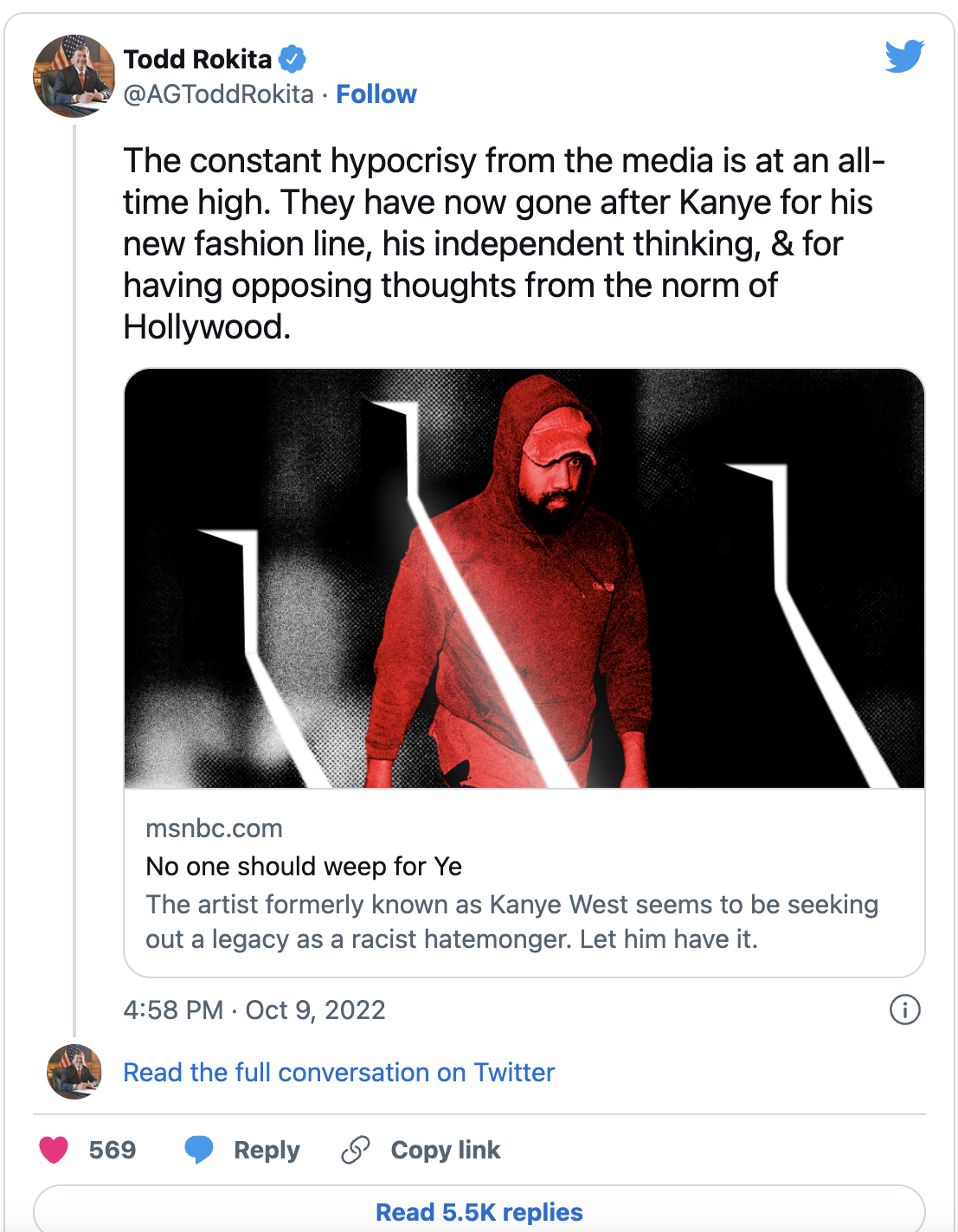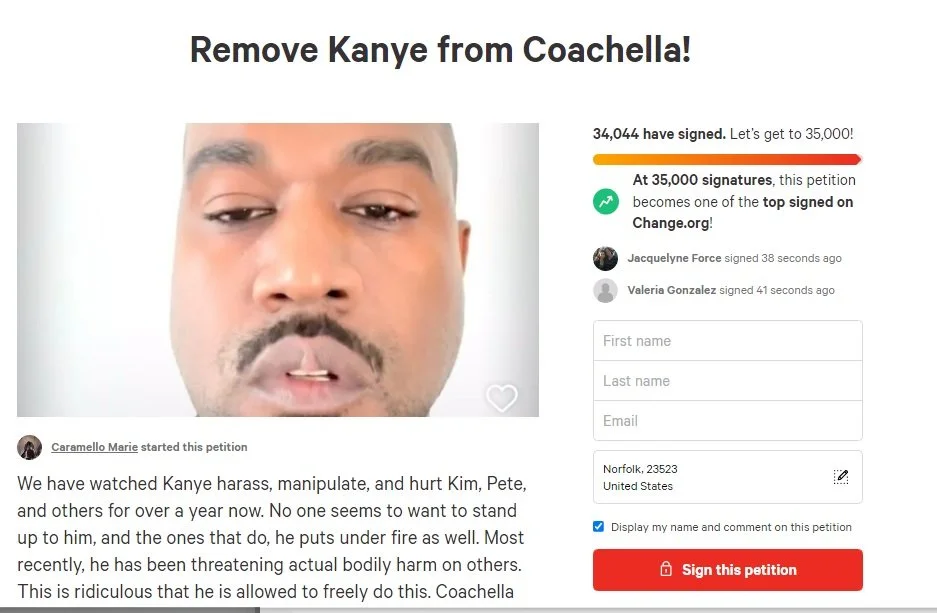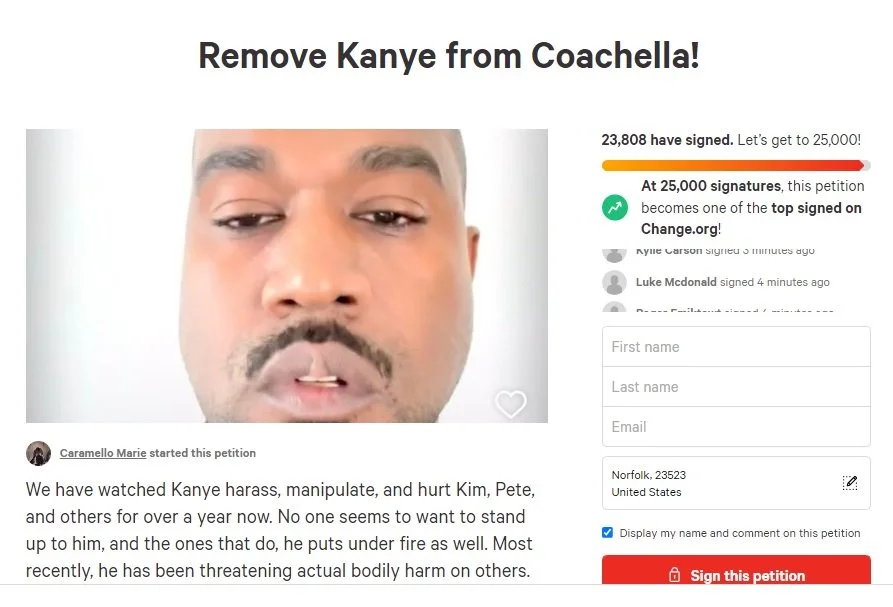Artemis 1 Flies Within 81 Miles of the Moon As Mike Pompeo Calls Randi Weingarten Most Dangerous Person in the World
/As America’s secretary of state during the Trump Administration, Mike Pompeo was a stalwart Trump supporter. As director of the Central Intelligence Agency (CIA) from 2017 to 2018 and then as the 70th United States secretary of state from 2018 to 2021, Pompeo continued to predict that “There will be a smooth transition to a second Trump administration” long after the 2020 presidential election was called for Joe Biden.
It seems that Mike Pompeo supported Trump’s attempt to negate Biden’s win among American voters.
In an interview with Semafor, Pompeo, who is believed to be testing the waters for a 2024 White House bid, said that education is one of the central issues that Republicans should focus on.
AOC’s position is that all candidates — and citizenry — should be focused on the challenges to America’s underfunded schools and demands of the teacher’s union that may be considered excessive or truly problematic.
For example, we are vehemently opposed to calls that schools be renamed to eliminate American presidents who owned slaves — starting with George Washington, America’s first president and then Thomas Jefferson, America’s third president. That is a bridge too far.
Without being prompted by his Semafor interviewers, Pompeo called Randi Weingarten, president of the American Federation of Teachers and a member of the AFL–CIO, “the most dangerous person in the world.”
Conservatives Filth Obsession
I tell the story often — I get asked “Who’s the most dangerous person in the world? Is it Chairman Kim, is it Xi Jinping?” The most dangerous person in the world is Randi Weingarten. It’s not a close call. If you ask, “Who’s the most likely to take this republic down?” It would be the teacher’s unions, and the filth that they’re teaching our kids, and the fact that they don’t know math and reading or writing.
Note the use of the word ‘filth’ in referring to America’s school curriculums. That word really got my attention because it’s one deeply associated — actually programmed into our brains — with our political views.
AOC has followed neuroscientific research around ‘disgust’ and political ideology for 15 years. Personally, I’ve studied ‘disgust’ and morality for decades. One of the most recent articles written is from the New York Times Magazine: How Disgust Explains Everything.
Theocrats Like Pompeo Are Detached From Voters
I deeply resent Evangelical Christians like Mike Pompeo who can’t find anything good to say about the current state of America. Yes, we are struggling terribly with all of our culture wars issues. Antisemitism is on the rise and gun violence is totally out of control in America.
But saying that our schools are teaching ‘filth’ upset me all day yesterday — as Trump wannabes line up to take his prime spot in dividing America by assaulting the minds, values and reputations of probably 60-65% of American voters that include Democrats, Independents and old-school Republicans who made abortion legal in January, 1973.
So far, America’s Republican leaders have not taken at all seriously the views of American voters in our recent November midterms. Pompeo is vehemently anti-abortion, even though his home-state of Kansas – a deeply conservative and usually reliable Republican state – became the first US state to enshrine abortion rights in the Kansas state constituton in a special election in August. Significant numbers of conservative Republicans voted to enshrine abortion.
On the issue of gun safety, a majority of 1200 voters in three key swing states of Colorado, Pennsylvania and Wisconsin in the November midterms, were more likely to support “a Democrat who supports strengthening gun safety laws” over “a Republican who opposes more gun restrictions.” Over half of independent respondents in Colorado and Pennsylvania said the same, with just under half in Wisconsin.
Mike Pompeo’s views belong to the national minority of diehard Trump voters — whether the issue is racial justice or lowering drug prices.
As I expressed on Anne of Carversville with the launch of Artemis 1 last week, it was such a brilliant bit of American moxie and talent, that it was impossible not to be inspired by the achievement as a sign of hope for America.
Mike Pompeo Praises Putin As Talented Statesman
Then news came of Mike Pompeo’s verbal assassination of Randi Weingarten as the most dangerous person in the world. Note that Pompeo actually praised Russian President Vladimir Putin as “smart and cunning and capable,” in an interview with the Des Moines Register, hours before Russia invaded Ukraine. “I have enormous respect for him… I’ve been criticized for saying that.” And he told Fox News: “He’s a very talented statesman. He has lots of gifts. He was a KGB agent, for goodness’ sakes. He knows how to use power. We should respect that.”
Pompeo praises Putin’s hardline view on same-sex marriage and all protections for LGBTQ people. We forget quickly about the Trump administration’s assault on human rights, but as secretary of state, Mike Pompeo banned embassies from flying Pride flags around the world.
I am a subscriber to the Wall Street Journal and noted their op-ed last night about Pompeo’s attack on Randi Weingarten. With a heart made heavy all day by Pompeo’s vengeful comments and lies about the teacher’s union leader — I read the comments, which I expected to be favorable to Pompeo.
They were pro-Pompeo, and I could not let that stand without comment. Pompeo had stolen my thrill over Artemis perfectly executing its circle around the moon yesterday. So far, the mission has been flawlessly executed.
This is my comment on the WSJ:
This is the headline I wrote tonight: "Artemis 1 Flies Within 81 Miles of the Moon As Mike Pompeo Calls Randi Weingarten "the most dangerous person in the world."'
Not Putin with his total assault on Ukraine. But Randi Weingarten, with whom I have differences of opinion. But I have way bigger issues with Mike Pompeo than Randi Weingarten.
My video on AOC tonight is MYTHODEA MOVEMENT 4 from the 2001 "Mythodea: Music for the NASA Mission: 2001 Mars Odyssey" choral symphony by the Greek electronic composer Vangelis, performed at the Temple of Olympian Zeus in Athens on June 28, 2001. Two Black women opera singers 'voices are soaring into the night sky, creating unbelievable beauty.
My vision confirms the greatness that is America -- while I have no problem discussing our history. I moved to the heart of the Confederacy after Charlottesville to deal with this issue directly. I sleep above a Confederate hospital and walk along the water of my river, where American blood has flowed profusely with its citizens at war.
Mike Pompeo wants a theocracy in America. I am reading these comments and just understand that I will DIE before allowing America to become a theocracy. You will be pointing your AF-15s at me and pulling the trigger -- just like in Iran.
I believe in public schools. Your vision is not my America -- your fear of the truth about our greatness and also the facts of our history. And I am not afraid to die for all that she can be. It's you theocrats who want to destroy her.




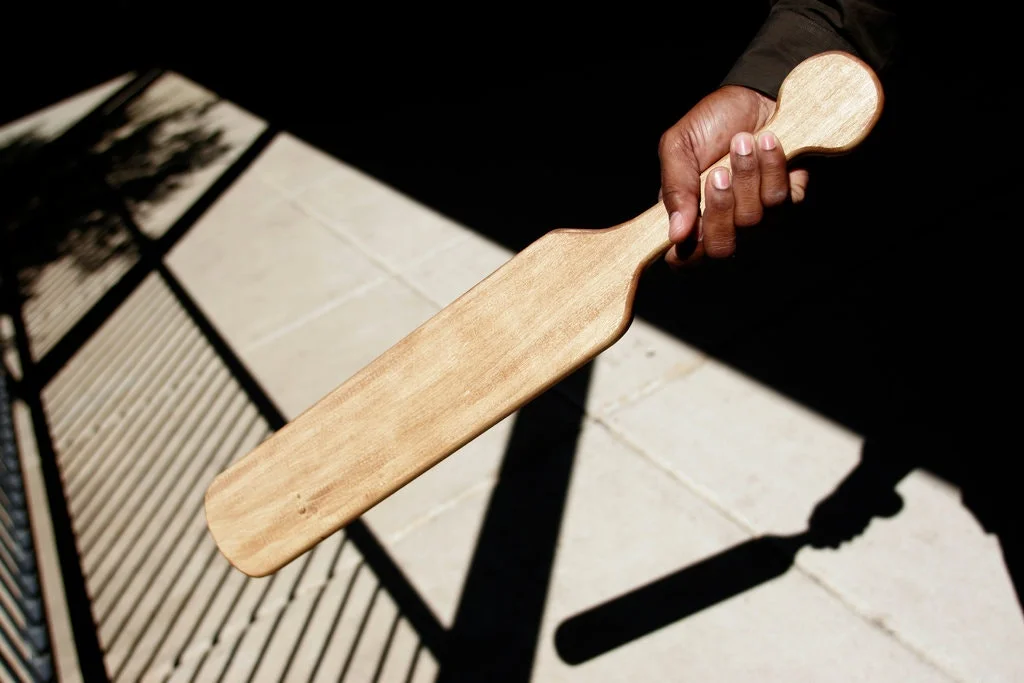
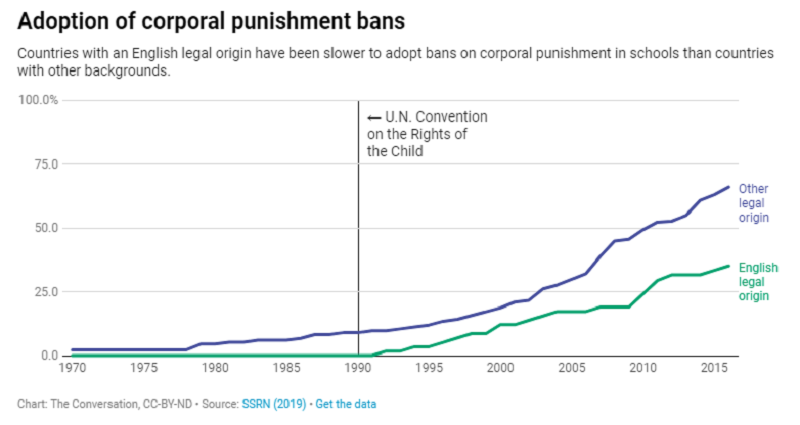






















![Kanye West's [aka Ye] Refusal to Treat His Mental Illness Is No Excuse For His Anti-Semitism](https://images.squarespace-cdn.com/content/v1/55f45174e4b0fb5d95b07f39/1666238183530-4WVG9SNG88HTSKQ0WWDV/Is+Kanye-West-Running-Out-of-Platforms.png)
